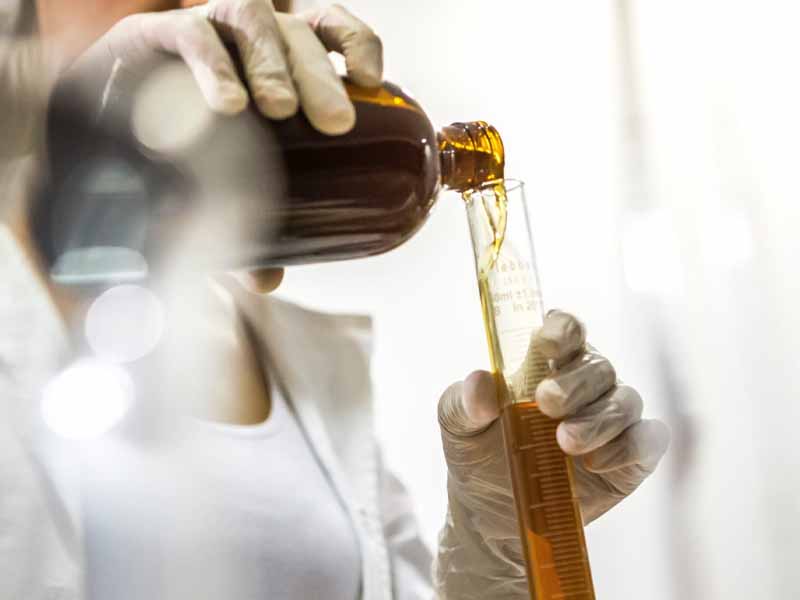
What are seal swelling additives?
What are seal swelling additives?
Seal swelling additives are specialized chemicals used in lubricants and fluids to ensure the compatibility and functionality of seals within various mechanical systems. These additives are crucial for maintaining the integrity and effectiveness of seals, which are components used to prevent the leakage of fluids between different parts of a system.
Types of Seal Swelling Additives
Phthalates: These are esters of phthalic acid and are commonly used as plasticizers that can swell rubber materials.
Aromatic Hydrocarbons: Substances like naphthalene derivatives that can cause swelling in specific types of rubber seals.
Esters: Such as dibasic esters and polyol esters, which are effective in interacting with certain rubber compounds to induce swelling and maintain seal integrity.
Polyalkylene Glycols (PAGs): These are synthetic lubricants known for their compatibility with various rubber materials, causing them to swell and maintain a good seal.
Features of Seal Swelling Additives
Compatibility: They are designed to be compatible with the materials used in seals, such as nitrile rubber, silicone, or Viton.
Controlled Swelling: These additives can precisely control the extent of swelling to ensure that seals expand just enough to fill gaps without causing damage or excessive wear.
Thermal Stability: They often possess high thermal stability, making them suitable for applications involving varying temperatures.
Chemical Resistance: They are resistant to breakdown by other chemicals and fluids, which helps in maintaining their effectiveness over long periods.
Reduction of Leakages: By maintaining the seal integrity, these additives significantly reduce the risk of fluid leakages.
Applications of Seal Swelling Additives
Automotive: In transmission fluids, engine oils, and hydraulic fluids to ensure the longevity and effectiveness of various seals within the vehicle.
Industrial Machinery: Used in hydraulic systems, gearboxes, and pumps to prevent fluid leaks and maintain operational efficiency.
Aerospace: In hydraulic fluids used in aircraft systems, where seal integrity is critical under high pressure and temperature variations.
Marine: In ship hydraulic systems and engines where seal effectiveness is crucial in a corrosive, high-moisture environment.
How to Select Seal Swelling Additives?
Material Compatibility: Determine the type of material used in the seals (e.g., nitrile, silicone, Viton) and select an additive known to be effective with that material.
Operational Conditions: Consider the temperature range, chemical exposure, and pressure conditions under which the system operates. The additive should perform well under these conditions.
Regulatory Requirements: Ensure that the additive meets any relevant environmental and safety regulations, especially for applications in sensitive environments.
Manufacturer’s Recommendations: Often, equipment manufacturers will recommend specific types of additives or products that are tested and proven for their systems.
Long-Term Effects: Evaluate the long-term effects of the additive on the seal material, ensuring that it does not degrade or chemically alter the seal over time.
Selecting the right seal swelling additive is essential for optimizing the performance and longevity of mechanical systems, reducing maintenance costs, and preventing operational downtime due to seal failures.
Sulfolane type seal expansion agent DMET 7300 is a Sulfolane-type seal swelling additives that enhances the performance of various base oils and rubber sealing materials. DMET 7300 offers several advantages, such as low dosage requirements, high resistance against hydrolysis, and superior sealing performance in a wide range of rubber sealing materials.
UNPChemicals is a professional lubricant additive manufacturer provide high quality seal swelling additives and seal expansion agent for global customers. If you are looking for seal swelling additives, feel free to contact us.